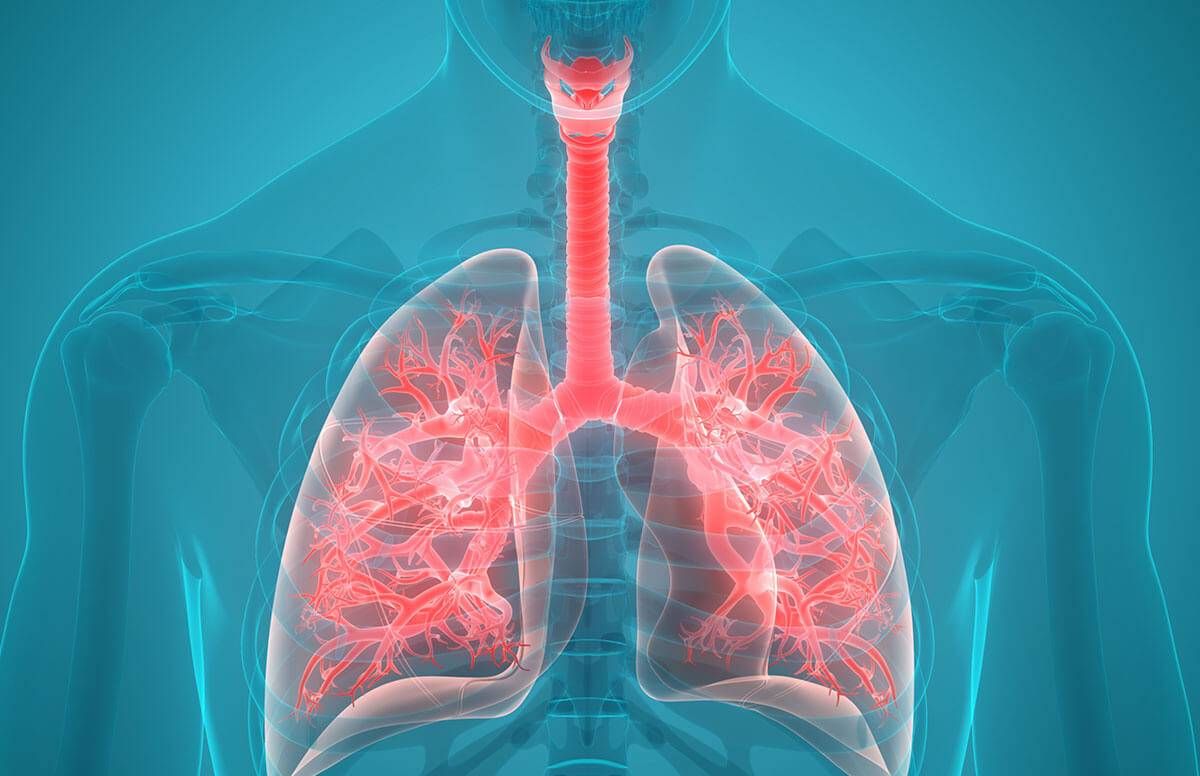6 Truths About Lung Cancer
Understanding one of the most commonly diagnosed types of cancer

(Editor's Note: This content is provided by Merck, a Next Avenue sponsor.)
Approximately 228,000 Americans will be diagnosed with lung cancer in 2019, according to the American Cancer Society. It is by far the leading cause of cancer death, causing more men and women to lose their lives than breast, prostate and colon cancers combined.
For those who are diagnosed, lung cancer brings with it a challenging and uncertain new reality. During Lung Cancer Awareness Month in November, people with cancer, and the broader community, may find these six truths helpful in gaining a greater understanding of the disease:
- Every person with lung cancer is worthy of compassion.
A lung cancer diagnosis can sometimes provoke judgment and social stigma. But people facing the disease – regardless of its cause – need support, not blame. Every person diagnosed is someone’s mother, father, son or daughter. They are all loved ones, facing the same difficult challenges and questions as anyone who learns they have cancer: Will I be here for my family, will I be able to continue life as I know it?
The support and understanding of their family, friends, medical team and community are vital to navigating their cancer journey with strength and hope.
- There is no one “type” of person who develops lung cancer.
Nearly anyone can be diagnosed with lung cancer. While most people with the disease are 65 or older, it can and does occur in younger adults as well. In fact, 10% of lung cancer cases occur in people under 55 years old.
Both men and women also have about an equal chance of getting the disease. Over a lifetime, the chance that a man will develop lung cancer is about 1 in 15; for a woman, it is approximately 1 in 17.
Lung cancer also affects people of all racial groups, although there are differences. Black men are approximately 15% more likely to get it than white men, but black women are 14% less likely than white women.
- Risk factors for lung cancer go beyond smoking.
Many people assume anyone with lung cancer is or was a smoker. And while smoking is the most common risk factor for developing the disease, as many as 20% of Americans who die from lung cancer have never smoked or used any other form of tobacco, according to the American Cancer Society.
Other factors that may play a role in increasing a person’s risk for developing the disease include secondhand smoke, gene mutations or exposure to certain environmental substances. For example, the leading cause of lung cancer among non-smokers is exposure to radon, the Environmental Protection Agency reports.
Radon is a naturally occurring radioactive gas emitted from soil and rocks and can be found in high levels in homes throughout the U.S. Radon testing can help protect families from exposure to radon, according to the American Cancer Society.
- Routine screening may find lung cancer earlier in some people.
The American Cancer Society recommends, among other things, that current and former smokers between ages 55 and 74 receive an annual screening with a low-dose CT scan, or LDCT.
Previous lung cancer screenings consisted of a chest X-ray, but the LDCT has proven more effective at finding abnormal areas in the lungs that may be cancerous – and can lower the risk of death, the American Cancer Society says.
- No one should have to navigate life with lung cancer alone.
Fighting lung cancer takes a toll on both a person’s physical and emotional health – and the regimen of frequent tests and doctor’s appointments confers an unwelcome “new normal” on life. Making a concerted effort to connect with others facing the disease – such as through support groups – may help people better manage it.
And for those caring for someone with lung cancer, this type of support is equally important. You don’t have to do this alone. Reach out to friends and family members, as well as others caring for ailing loved ones, when you need respite, help with tasks or a sympathetic ear.
- Scientists are making significant progress in lung cancer research.
Recently, there has been significant progress in the treatment of lung cancer. In fact, approximately 541,000 Americans living today have been diagnosed with lung cancer at some point in their lives, according to the American Lung Association.

For more than a century, Merck, a leading global biopharmaceutical company, has been inventing for life, bringing forward medicines and vaccines for many of the world's most challenging diseases. Through our prescription medicines, vaccines, biologic therapies and animal health products, we work with customers to deliver innovative health solutions.

